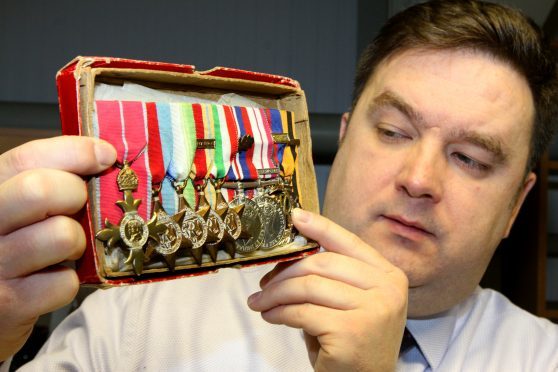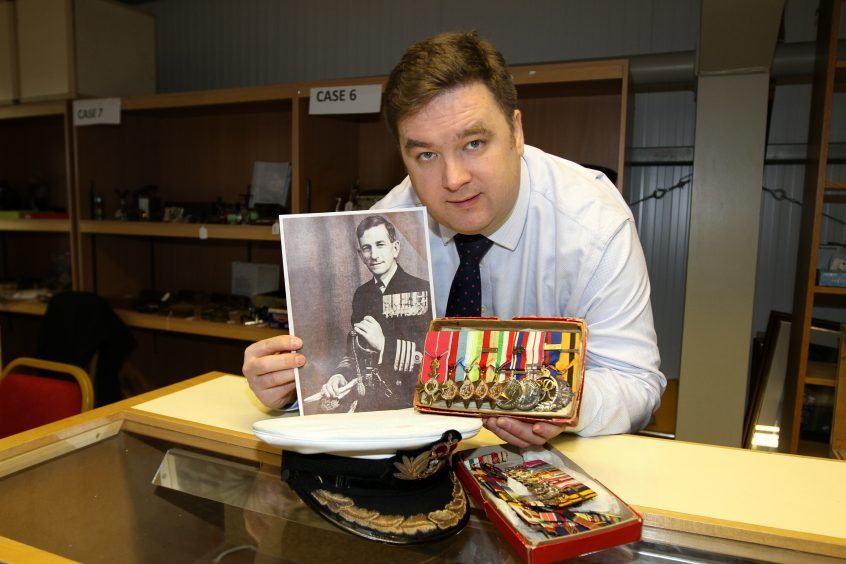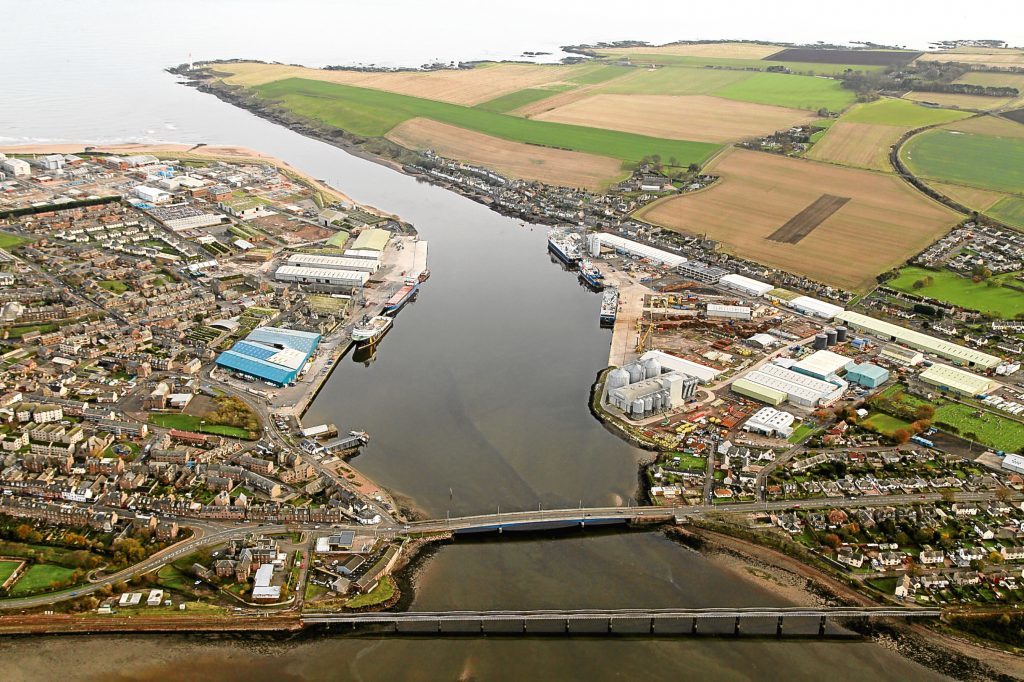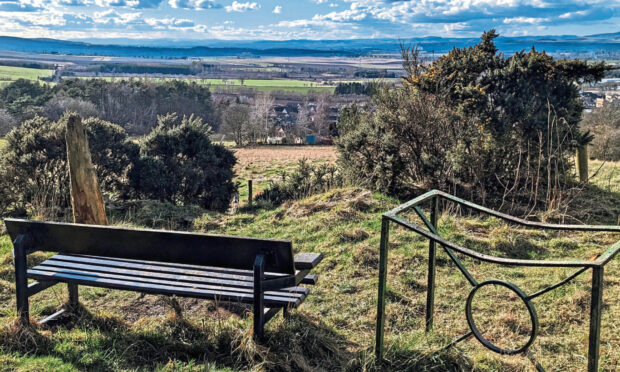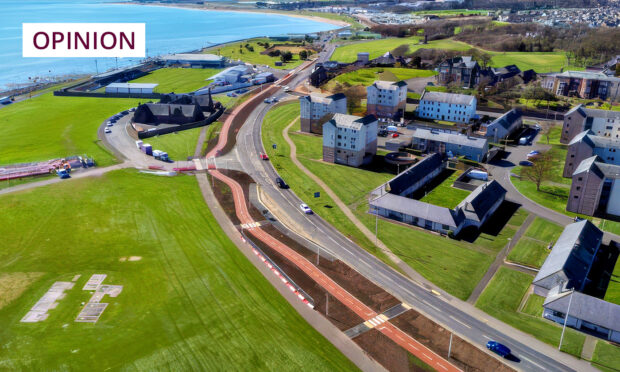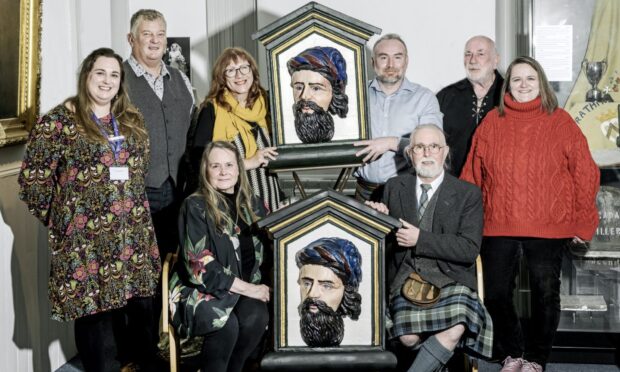A Scots war hero’s medals went under the hammer in Montrose on Saturday.
Herbert Walkinshaw’s decorations and personal items fetched a combined £1,440 at Taylor’s Auction Rooms.
The special collection of second world war medals included the Glasgow-born Royal Navy hero’s OBE, the Greek Distinguished Service Medal with 1940 bar, and six world war two campaign stars and medals.
Also included in the lots were various letters, his naval officer’s sword and midshipman’s dirk.
Mr Walkinshaw joined Glen and Company, the Glasgow Shipping Company when he left school and, at about the same time, joined the Clyde Division of the RNVR as a midshipman.
At the outbreak of war, he was mobilised and spent the next seven years at sea.
On coming home to civilian life, Mr Walkinshaw returned to Glen and Company then joined Lyle Shipping Company Limited, the Glasgow ship-owners, as manager in 1954. He became a director in 1960, managing director in 1974 and eventually chairman in 1977.
Lyle began building a fleet of modern self-discharging bulk-carriers in Norway in 1966 and, as a result, Mr Walkinshaw and his colleagues formed many long-lasting friendships there.
When oil was discovered in the North Sea, he realised that there would be a demand for supply vessels to service the offshore platforms.
A new company called Seaforth Maritime was formed in Aberdeen, in which Lyle’s and Hogarth’s jointly took a majority stake, and Mr Walkinshaw was appointed a founding director.
The company rapidly became one of the country’s foremost offshore servicing and contracting companies.
Montrose port archivist John Aitken said: “The early years of the North Sea oil and gas industry brought exciting times to Montrose port and Herbert Walkinshaw’s ‘maritime brainchild’ Seaforth Maritme Ltd brought a distinctly Scottish dimension to an otherwise international industry.
“Among the armada of European, Scandinavian and of course North American armada of supply ships all the Aberdeen-operated ship’s names included the ‘Seaforth’ prefix.
“This no doubt encouraged other home-based entrepreneurs to follow Walkinshaw and his fellow directors’ lead and example.”
Mr Aitken said units of the Seaforth Maritme fleet of offshore supply ships were seen at the Sea Oil Services marine support base at Ferryden in the late 1970s and 80s.
In July 1943, in an engagement with some enemy E-boats in the eastern Mediterranean, Mr Walkinshaw was wounded and, until his death, he had a piece of shrapnel in his back.
For his conduct During this action, he was awarded the Greek Medal for Outstanding Acts.
Later the same year while conducting operations off the coast of the Greek island Kalymnos, the Adrias struck a mine and the ship’s bow was blown off.
The ship’s captain was wounded, but managed to beach the ship on the Turkish coast.
The captain then, unusually, handed over command of the ship to Mr Walkinshaw rather than to the first lieutenant, which would have been the normal practice.
Despite his first captaincy lasting only 24 hours, while in command he made a quick recovery and the ship was made watertight.
Even without the bow, the crew managed to sail the 700 miles to Alexandria under their own steam.
This incident led to Mr Walkinshaw being mentioned in dispatches.
He died in February 2004 at the age of 84.
